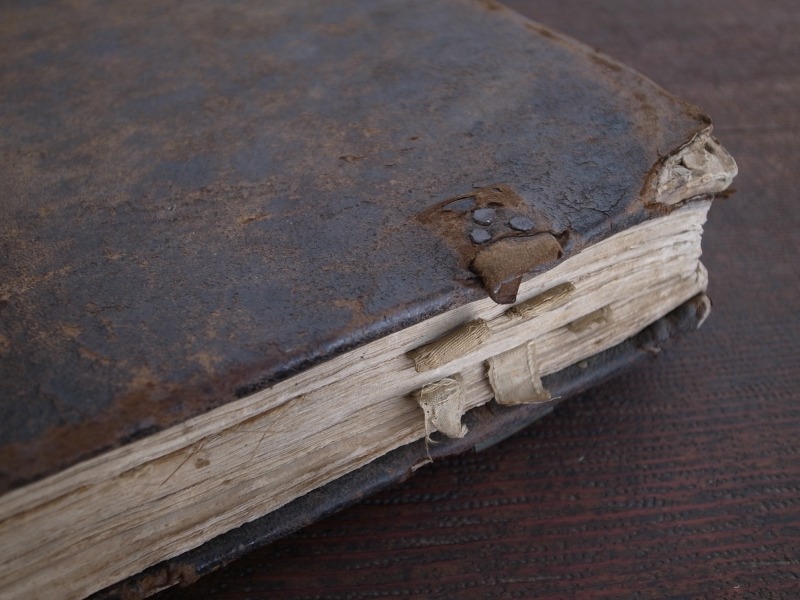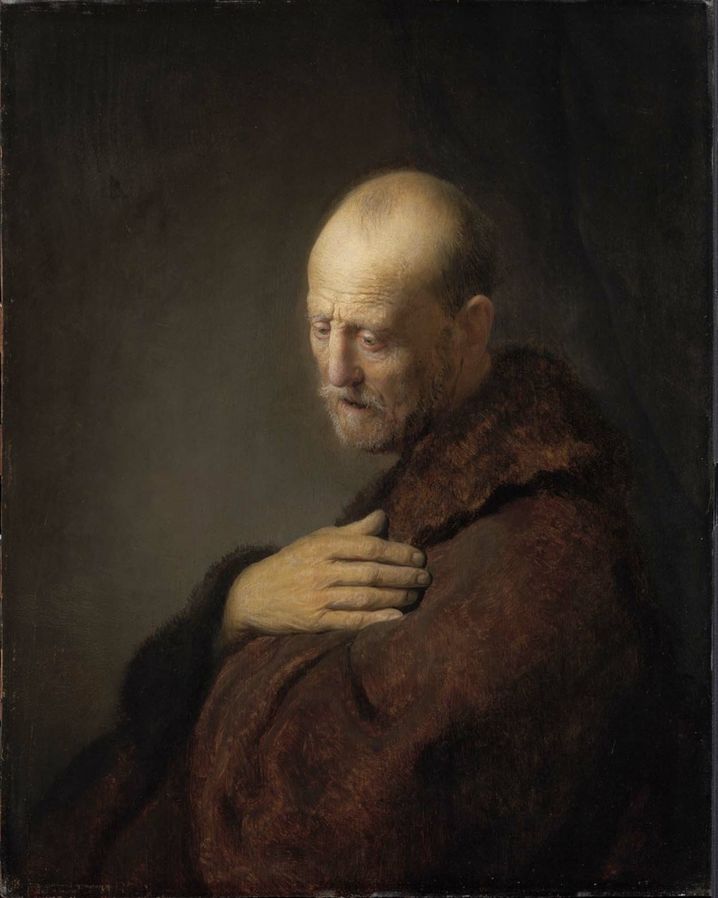[The Lord’s prayer] was among the ultimate privileges allowed only to those in Christ. It took parrhesia, Holy Spirit boldness, to dare to say Our Father. That is reflected in the introductory formula used in the liturgy of St. John Chrysostom by the Orthodox to this day. “And make us worthy that we joyously and without presumption may be made bold to invoke Thee, the heavenly God and to say Our Father…” It is a prayer for Christians, and only Christians are in a position to pray it, because only they know God as the Father of our Lord Jesus Christ. (The Forgotten Father, Thomas Smail, 177-178).
I have taken the template of the Lord’s Prayer and written one to fit each week’s theme. I found it very inspiring! But I would also invite you to consider writing your own version, using this guide. And please if you can find The Forgotten Father, please read it!!
W.S.C refers to the Westminster Shorter Catechism. I love it because if frames theology within the context of questions and answers!
1. Acknowledgment of who God is:
Our Father in heaven, holy is Your name.
*WSC: The preface of the Lord’s Prayer, which is… teaches us to draw near to God with all holy reverence and confidence, as children to a father, able and ready to help us; and that we should pray with and for others.
Hallowed be thy name – we pray that God would enable us, and others to glorify him in all that whereby he makes himself known; and that he would dispose all things to his own glory.
2. Prayer for His Will
Your kingdom come; Your will be done.
On earth (in my heart) as it is in heaven.
WSC: thy kingdom come, we pray that Satan’s kingdom may be destroyed; and that the kingdom of grace may be advanced, ourselves and others brought into it and kept in it; and that the kingdom of glory may be hastened.
Thy will be done- we pray that God, by his grace, would make us able and willing to know, obey, and submit to his will in all things, as the angels do in heaven.
3. Petition
Give us this day our daily bread (manna) (all that we truly need for this day…)
WSC: In this petition, we pray that of God’s free gift we may receive a competent portion of the good things of this life and enjoy his blessing with them.
Every good gift and every perfect gift is from above, coming down from the Father of lights with whom there is no variation or shadow due to change. (Jam 1:17 ESV)
Not that I am speaking of being in need, for I have learned in whatever situation I am to be content. 12 I know how to be brought low, and I know how to abound. In any and every circumstance, I have learned the secret of facing plenty and hunger, abundance and need. 13 I can do all things through him who strengthens me. (Phi 4:11-13 ESV)
4. Confession and Repentance
and forgive us our sins as we forgive those who have sinned against us – (may we too have your heart of grace…)
WSC: In the fifth petition, which is… we pray that God, for Christ’s sake, would freely pardon our sins, which we are then encouraged to ask, because of his grace, we are enabled from the heart to forgive others.
Are there people you need to forgive?
5. Prayer for protection:
and lead us not into temptation* (testing) (I know too well how weak and frail I am in the face of testing and trials and even temptation) but deliver us from evil.
* Save us from this time of trial.
WSC: In the sixth petition… we pray that God would either keep us from being tempted to sin or support us and deliver us when we are tempted.
12Blessed is the man who remains steadfast under trial, for when he has stood the test he will receive the crown of life, which God has promised to those who love him. 13 Let no one say when he is tempted, “I am being tempted by God,” for God cannot be tempted with evil, and he himself tempts no one. 14 But each person is tempted when he is lured and enticed by his own desire. 15 Then desire when it has conceived gives birth to sin, an (Jam 1:12-15 ESV)
2 Count it all joy, my brothers, when you meet trials of various kinds, 3 for you know that the testing of your faith produces steadfastness. 4 And let steadfastness have its full effect, that you may be perfect and complete, lacking in nothing. (Jam 1:2-4 ESV)
See also – Ps. 66:10; Ps. 139:23-24; Mt. 26:41; Jn 17:15.
6. Acknowledgement of His Sovereignty – appropriate time for intercession
For the Kingdom of God and all its power and glory belongs to You – both now and forever.
(we desire Lord to fully trust You and Your sovereignty).
WSC: The conclusion of the Lord’s Prayer, which is thy kingdom…Amen, teaches us to take our encouragement in prayer from God only, and in our prayers to praise him, ascribing kingdom, power, and glory to him; and in testimony of our desire and assurance to be heard, we say, Amen.
As you do this, or when you read the weekly Lord’s Prayer the reflections below might be helpful.
I am moved in this prayer by:
I am called in this prayer to:
I hear God saying to me in this prayer:






